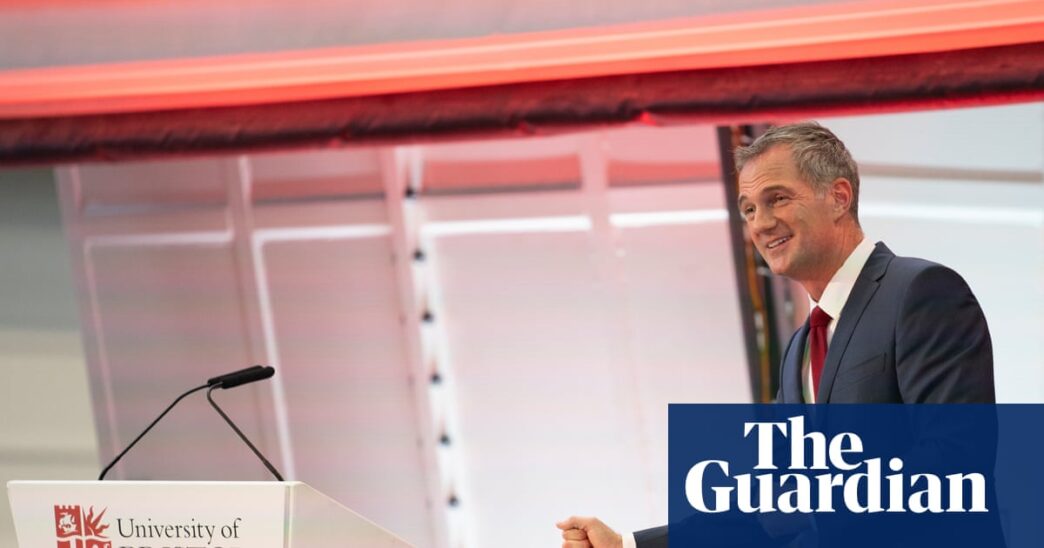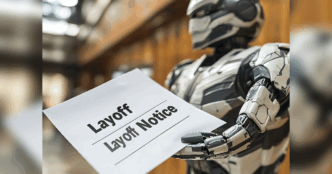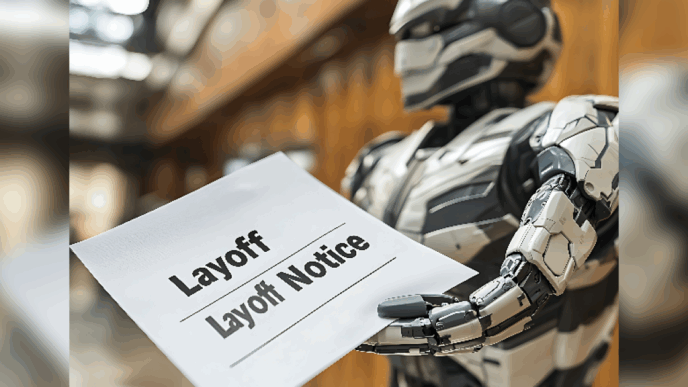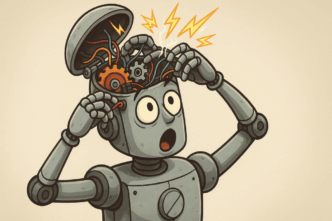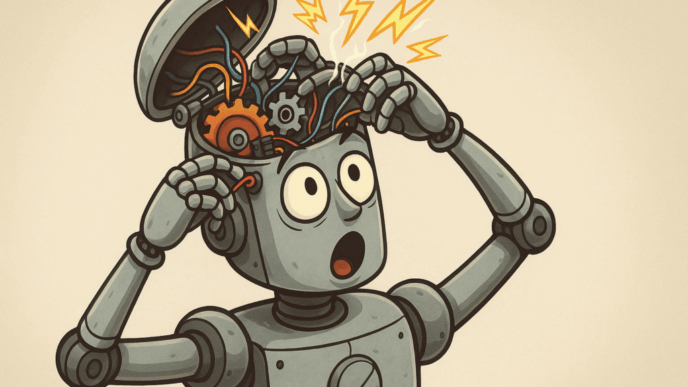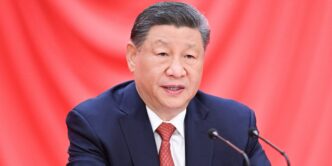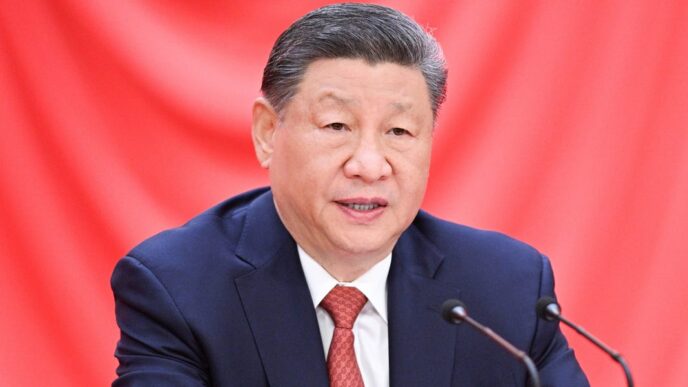Britain launched its £225m AI supercomputer Isambard-AI in Bristol on Thursday, aiming to power AI projects from detecting sick cows in Somerset to spotting skin cancer on brown skin.
The machine packs 5,400 Nvidia “superchips” and runs 100,000 times faster than an average laptop. It’s housed in a razor-wire topped cage and burns nearly £1m a month in mostly nuclear electricity.
The UK government calls it a key step toward “AI sovereignty” in its £2bn push to challenge foreign dominance in AI compute. But Isambard-AI is only the 11th fastest globally. Elon Musk’s new xAI rig in Tennessee dwarfs it with 20 times the power. Meta plans a datacenter “covering a significant part of the footprint of Manhattan.”
Isambard-AI will fuel AI models that predict human motion using wearable camera footage, potentially helping police anticipate protester behavior or prevent industrial accidents. University of Bristol computer vision professor Dima Damen said the AI might even warn if “in the next two minutes, something is likely to happen here.”
She also highlighted ethical concerns.
“One of the fears of AI is that some people will own the technology and the knowhow and others won’t,” Damen said.
“It’s our biggest duty as researchers to make sure that the data and the knowledge is available for everyone.”
Other projects include using AI to detect early signs of mastitis in dairy cows by spotting changes in social behavior. Andrew Dowsey, health data science professor at Bristol, said farmers can’t watch every animal around the clock—AI will fill that gap.
A third research focus is fixing racial bias in skin cancer detection apps. James Pope, data science senior lecturer, has run “quadrillions if not quintillions of computations” on Isambard. His early results show current apps work better on lighter skin tones. Retuning could make checks fairer.
“It would be quite difficult, and frankly impossible to do it with a traditional computer,” Pope said.
Science and technology secretary Peter Kyle said the supercomputer will “save lives, create jobs, and help us reach net zero-ambitions faster.” But the launch also raises questions about how much AI should influence policy on protests, animal welfare, and more.

